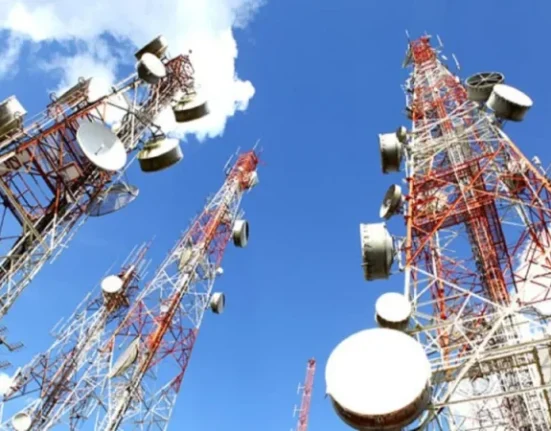Internet service providers, including major players like Starlink and Spectranet, are experiencing a noticeable decline in customer subscriptions as more Nigerians cut back on data spending due to rising economic hardship. The development signals a growing shift in consumer behavior, reflecting the impact of inflation and weakened purchasing power on household and business budgets.
Recent figures from the Nigerian Communications Commission (NCC) show a downward trend in active internet subscriptions among ISPs in the past quarter. Industry sources attribute the drop to reduced consumer demand, particularly for high-cost broadband services, as citizens prioritise essential needs over premium data plans. With inflation hovering above 30% and the naira still recovering from previous depreciation shocks, many individuals and small businesses are tightening expenses, including internet usage.
Starlink, which entered the Nigerian market with the promise of fast satellite internet for underserved and remote areas, has reportedly seen a slower-than-expected user uptake. Despite its high-speed offering, the monthly cost—averaging over ₦40,000—remains out of reach for the average Nigerian household. Similarly, Spectranet and other local ISPs are grappling with customer churn, as subscribers either downgrade their plans or suspend usage altogether.
Some users have also shifted to mobile network providers offering more flexible and affordable data options, albeit at lower speeds and reliability. This migration has placed additional pressure on ISPs that operate primarily in the fixed wireless and broadband space, where overhead costs remain significantly higher.
Industry experts warn that unless economic conditions improve and disposable incomes rebound, the ISP sector could see further erosion in subscriber numbers. They emphasize the need for operators to innovate around pricing models and offer more competitive packages tailored to the changing realities of the average Nigerian user.
As it stands, the sharp drop in internet spending is not only affecting revenue for service providers but also threatening the country’s digital transformation agenda, which hinges on widespread internet access and affordability.


